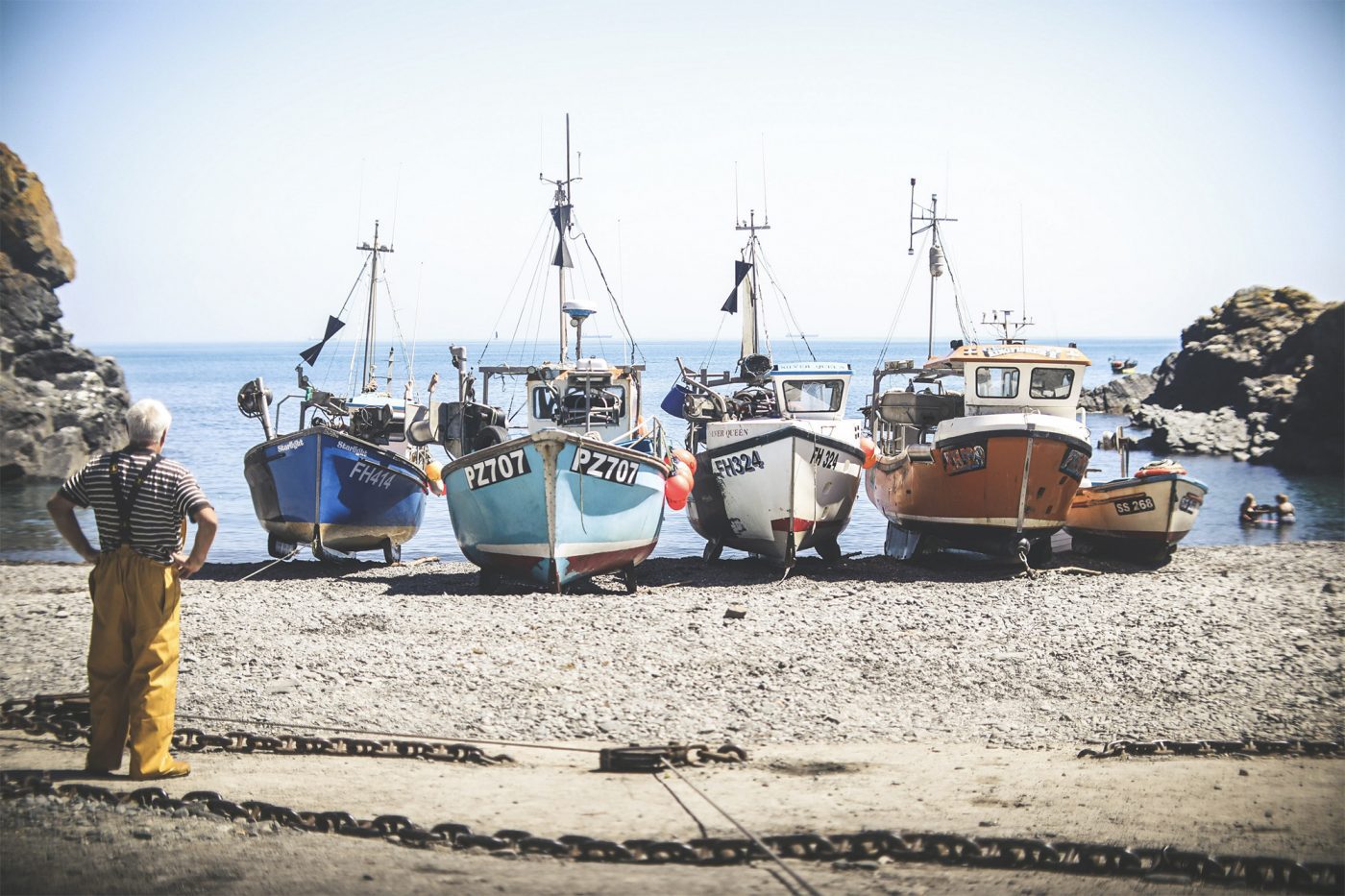22 April 2013
An NFFO delegation has travelled to Luxembourg where EU fisheries ministers are discussing CFP reform at a crucial juncture in the process.
Dialogue or “trialogue” between ministers, the European Parliament and the Commission, on the final reform package has now reached a critical stage. The shape of a discard ban and the terms of a binding approach to maximum sustainable yield are amongst the handful of key issues still to be resolved. The Irish Presidency and many others are desperate to get agreement before the end of June, after which Lithuania takes over the EU Presidency.
The Federation, in talks with Fisheries Minister, Richard Benyon, prior to the start of the Council, stressed the importance of practical, workable rules that make sense where it counts – at the level of the individual fishing vessel. The history of the CFP has been littered with measures that look good on paper as legislation, or as sound bites, but fail the practical implementation test.
There are ways to make a discard ban an effective reality and to achieve MSY as the guiding principle for European fisheries – but only if there is sufficient flexibility and common sense on the arrangements to allow them to work. The Federation stressed that it is time to leave dogma aside and focus on the practical implementation issues that must be addressed before a discard ban or MSY is translated into rules at the level of each individual fishery.
The more dogmatic NGOs will present the issue as one of political will, with the European Parliament as the sole repository of environmental virtue and the Council fatally corrupted by an over powerful fishing lobby. But the reality is that for measures such as an obligation to land all catches and MSY to work and make sense, the rules must take account of practical realities such as mixed fisheries, the high survival rates of some species, choke species, and the requirements of effective quota management. The Norwegian type discard ban would not be appropriate for our mixed fisheries but, crucially, the Norwegian arrangements do contain important flexibilities that allow them to work at vessel level. The NFFO is urging that similar flexibility is hard wired into the CFP reform.
Omnibus Regulation
The Commission has recognised that many current CFP rules generate discards by applying an obligation to retain on board only certain species or amounts of fish. Removing these discard generating regulations -the catch composition rules are the obvious example but there are many others – must be a precondition for a discard ban if contradictory rules are to be avoided. In Brussels, at the end of last week, after being pressed by the NFFO on this issue, the Commission indicated that work was well under way on a proposal for an “omnibus” regulation that will remove all discard generating rules across the CFP. If fishing vessels are to avoid being caught in a double bind, it is crucial that this regulation is both broad enough and specific enough to address all the discard generating rules currently in force.
Catastrophe
It will be hard now for those NGOs addicted to a catastrophe narrative on European fisheries to sustain their arguments against the dramatic reduction in fishing pressure described by ICES scientists across all of the main species groups in the North East Atlantic. These well established trends have been developing for over a decade now and undermine the familiar but plain wrong assertion that European fisheries are about to go over a cliff. What will the doomsayers say now that their fox has been shot by ICES?

